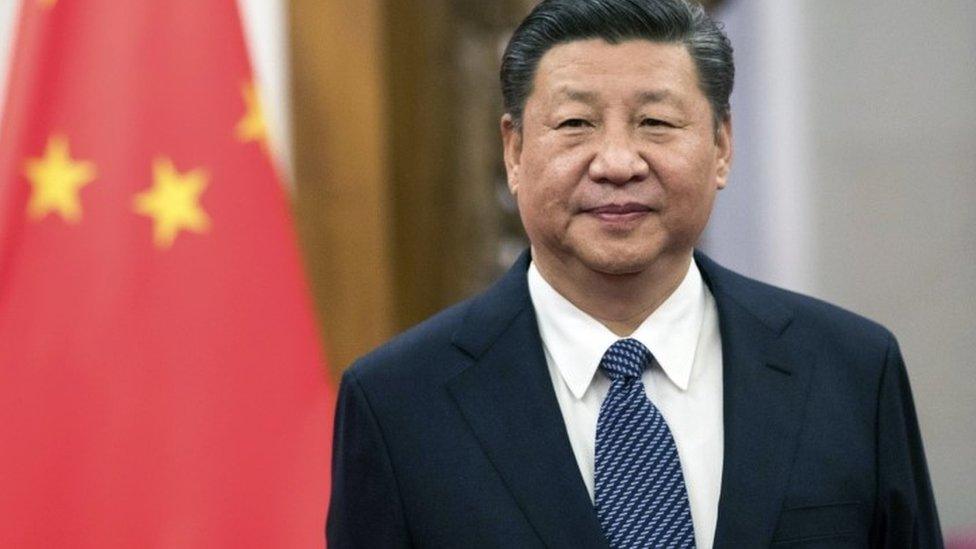- Courses
- GS Full Course 1 Year
- GS Full Course 2 Year
- GS Full Course 3 Year
- GS Full Course Till Selection
- Answer Alpha: Mains 2025 Mentorship
- MEP (Mains Enrichment Programme) Data, Facts
- Essay Target – 150+ Marks
- Online Program
- GS Recorded Course
- Polity
- Geography
- Economy
- Ancient, Medieval and Art & Culture AMAC
- Modern India, Post Independence & World History
- Environment
- Governance
- Science & Technology
- International Relations and Internal Security
- Disaster Management
- Ethics
- NCERT Current Affairs
- Indian Society and Social Issue
- NCERT- Science and Technology
- NCERT - Geography
- NCERT - Ancient History
- NCERT- World History
- NCERT Modern History
- CSAT
- 5 LAYERED ARJUNA Mentorship
- Public Administration Optional
- ABOUT US
- OUR TOPPERS
- TEST SERIES
- FREE STUDY MATERIAL
- VIDEOS
- CONTACT US
The Dramatic Performances Act, 1876: A Colonial Legacy Formally Repealed
The Dramatic Performances Act, 1876: A Colonial Legacy Formally Repealed
24-04-2025

- Recently, Prime Minister Narendra Modi, while highlighting his government’s ongoing efforts to repeal obsolete and colonial-era laws, referred to the Dramatic Performances Act, 1876—a relic of the British Raj that allowed authorities to clamp down on artistic expression under the pretext of public order.
- Though declared unconstitutional decades ago, this law remained on the statute books until its formal repeal in 2018.
Historical Context: Origins in Colonial Suppression
- The Dramatic Performances Act (DPA), 1876 was enacted by the British colonial administration during a period marked by growing Indian nationalist sentiment.
- The immediate backdrop was the visit of Prince Albert Edward (later King Edward VII) to India between October 1875 and May 1876.
- During this period, various plays critical of British rule began gaining popularity. In response, the British passed repressive legislations such as the DPA, 1876, the Vernacular Press Act, 1878, and the Sedition Law of 1870 to silence political dissent and curb freedom of expression.
Key Provisions of the Dramatic Performances Act, 1876
The Act granted sweeping powers to the colonial government:
- Prohibition of Performances: It empowered the government to prohibit “any play, pantomime, or other drama” in public places if it was considered scandalous, defamatory, seditious, or obscene, or if it was likely to provoke disaffection against the state or corrupt public morals.
- Wide Discretionary Powers: The Act allowed authorities to act based on mere opinion or suspicion, rather than evidence, making it vulnerable to misuse.
- Police Powers: Magistrates were authorized to issue search warrants for venues, seize props or costumes, and arrest performers in case of prohibited acts.
- Licensing and Script Submission: In designated areas, performances required prior licenses. Scripts had to be submitted in advance for approval.
- Penalties: Violations of the Act could lead to imprisonment of up to three months, fines, or both.
- Exemptions: Religious performances like jatras—a traditional folk theatre popular in Bengal, Odisha, and parts of Bangladesh—were exempted.
Legal Challenge and Judicial Scrutiny Post-Independence
- Despite India's independence in 1947, many colonial-era laws, including the DPA, remained in effect due to Article 372 of the Indian Constitution.
- Article 372 ensures that colonial laws remain enforceable until repealed or ruled unconstitutional. However, they are not presumed constitutional, and their continued existence often requires active defense by the state when challenged.
- However, colonial laws do not enjoy the presumption of constitutionality—unlike post-independence legislation. When challenged, the burden of proof lies with the government to justify their validity under the Constitution.
- The Dramatic Performances Act was rendered inoperative in 1956 when the Allahabad High Court ruled it unconstitutional in the landmark case State vs. Baboo Lal & Ors.
- The ruling came after a theatre group from the Indian People’s Theatre Association (IPTA) in Lucknow was barred mid-performance from staging a play based on Premchand’s short story ‘Idgah’. The performers continued despite the order and were prosecuted.
- The court ruled: “The Dramatic Performances Act is ultra vires of the Constitution of India because its procedural part imposes such restrictions on the right of freedom of speech and expression which cannot be covered by the saving clause in Article 19(2).”
State-Level Adaptations and Legal Strikes
Even after the Allahabad High Court judgment, state-level versions of the law persisted in places like Madhya Pradesh, Karnataka, Delhi, and Tamil Nadu. These versions imposed similar restrictions on stage performances and artistic expression.
Notably, in 2013, the Madras High Court struck down the Tamil Nadu Dramatic Performances Act, 1954, reaffirming the unconstitutionality of such restrictive laws.
|
Also Read |
|
UPSC Foundation Course |
|
| UPSC Monthly Magazine | CSAT Foundation Course |




